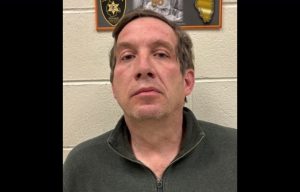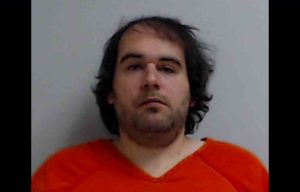State aids mental health workforce
Illinois Governor J.B. Pritzker recently signed omnibus legislation meant to assist mental healthcare providers.
Senate Bill 3617 seeks to address a variety of funding and staffing issues these providers face that have worsened significantly amid the COVID-19 pandemic.
Among other things, the bill expands behavioral health training and makes it easier for licensed professionals to reactivate their license after they’ve been out of practice for less than five years.
“This legislation invests in mental health infrastructure — and that infrastructure is people,” Pritzker said. “Our therapists. Our social workers. Our crisis counselors. There is nothing more important than investing in the people who support the health and wellbeing of Illinoisans.”
Human Support Services President and CEO Anne Riley said she expects this legislation to help the agency and others like it across the state in a variety of ways.
HSS, she said, has been experiencing an impactful staffing shortage. While many health centers across the nation have had similar issues due to or exacerbated by COVID, Riley said staff often leave because they find better paying positions elsewhere.
“We remain short staffed in two key areas,” Riley said. “Our clinical department, which are the counselors, social workers and case managers, and our direct care staff who provide services to our clients with intellectual and developmental disabilities.”
As HSS is a nonprofit that frequently works with those experiencing mental illness or substance abuse as well as doing crisis work, Riley said maintaining staff can be difficult.
She added the agency has effectively exhausted the supply of potential staff in the area and has often turned to recruiting across the river in St. Louis to meet its needs.
However, bringing on individuals who have been trained and licensed in Missouri typically requires an almost prohibitive time investment.
“Over the years we have lost a substantial amount of revenue due to the stringent criteria the State of Illinois places on providers like HSS to substantiate these new staff who go onboard, as well as the states’ lengthy timeline for approval of their applications,” Riley said.
This is another area in which the recent legislation will prove beneficial, according to Riley. She said the changes concerning clinical staff licensure for those outside Illinois who wish to work in the state should make the hiring process for agencies like HSS more seamless.
Still another improvement Riley mentioned is a grant for hiring staff to oversee training of recent graduates who must meet their 3,000 hours of supervised clinical work.
Riley expressed some concern over this specific aspect. She said that, while it would be beneficial, finding another licensed clinician to fill the spot would still likely be difficult.
Riley was also interested in one aspect of the legislation she says could help with the destigmatization of mental healthcare: a tax credit for businesses who hire and accommodate staff with a mental illness or substance abuse disorder.
“This legislation creates another opportunity for businesses to not only fill open positions they may have, but also receive a really nice tax benefit for hiring a worker with mental illness or substance use disorder who is in a recovery program,” Riley said.
For more information on HSS, call 618-939-4444 or visit hss1.org.






